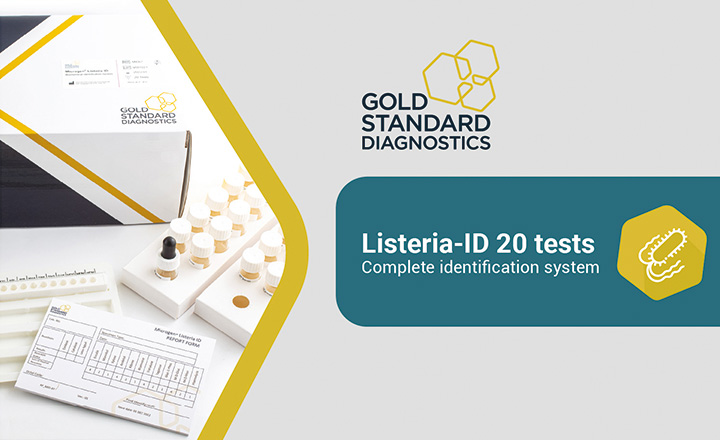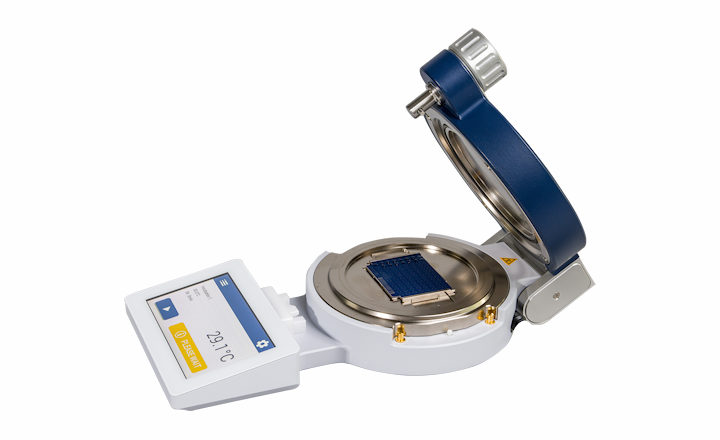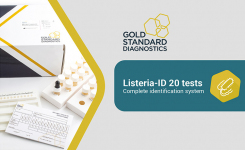In a paper published in the Journal of Microbiological Methods researchers from the Animal Health Veterinary Laboratory Agency (AHVLA) reported their results in the first direct comparison of Biolog’s GEN III bacterial identification system to the molecular technologies 16S rRNA gene sequencing and MALDI-TOF (matrix-assisted laser desorption/ionization – time of flight mass spectrometry).
For the set of bacterial species tested, the conclusion of the evaluation is that Biolog’s modern phenotypic technology is as accurate as the latest molecular technologies. Although no single technology is capable of 100% accuracy for species identification, 16S rRNA gene sequencing is generally regarded as the “gold standard” method. However, it is difficult and expensive to perform, so it is not widely used in microbial identification laboratories. MALDI-TOF has become increasingly popular in high volume clinical laboratories. Although it requires instrumentation that is expensive to purchase and maintain, it offers rapid identification which can improve patient care.
"This recent work demonstrates that Biolog's modern phenotypic testing approach offers comparable accuracy” says Dr. Barry Bochner, CEO and CSO at Biolog. “We provide easy-to-use and inexpensive test kits that can be set up in a simple, one minute protocol”. The database for Biolog’s GEN III system covers human, animal and plant pathogens as well as hundreds of non-pathogenic environmental species. Previous phenotypic systems from other companies have been lacking in accuracy and scope. Biolog offers the only phenotypic system with accuracy and scope that rivals the molecular systems.
“In fact, phenotypic systems outperform molecular methods for identification of important categories of microorganisms” according to Dr. Bochner. For example, Biolog’s GEN III can not only differentiate Escherichia coli from Shigella, it has been adopted by Public Health England to replace serology in Shigella speciation. “GEN III is also superior to MALDI-TOF for speciating Bacillus, which are spore-forming bacteria that easily spread through the air, causing contamination”. In this evaluation, GEN III outperformed MALDI-TOF for Pasteurellaceae. According to the authors, “Identification of isolates within the family Pasteurellaceae can be particularly challenging and 48 strains were represented in this study. GEN III performed well in this area attracting a total of 111, with no known misidentifications.”
Although not yet approved for use in human clinical diagnosis, the Biolog system has been very popular in veterinary diagnostic laboratories, academic institutions and pharmaceutical microbiology labs. This is due to the accuracy of the technology as well as the comprehensive database containing human, animal and plant pathogens as well as non-pathogenic environmental species. The organization that performed the study, the AHVLA, is a longtime user of Biolog’s microbial identification and characterization products and is one of the few organizations in the world to utilize all three modern technologies.
Please note this is not approved for use in human clinical diagnosis.























